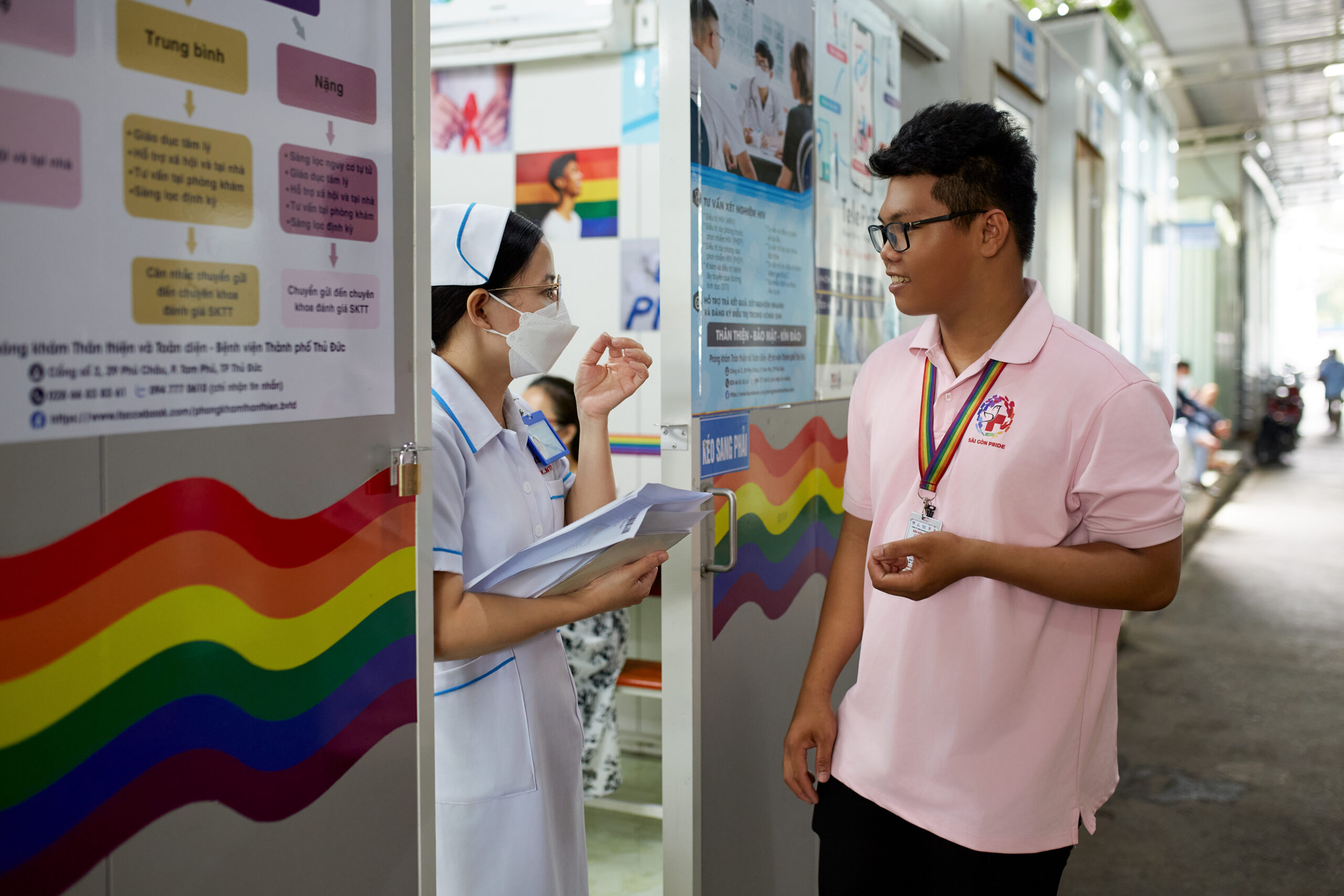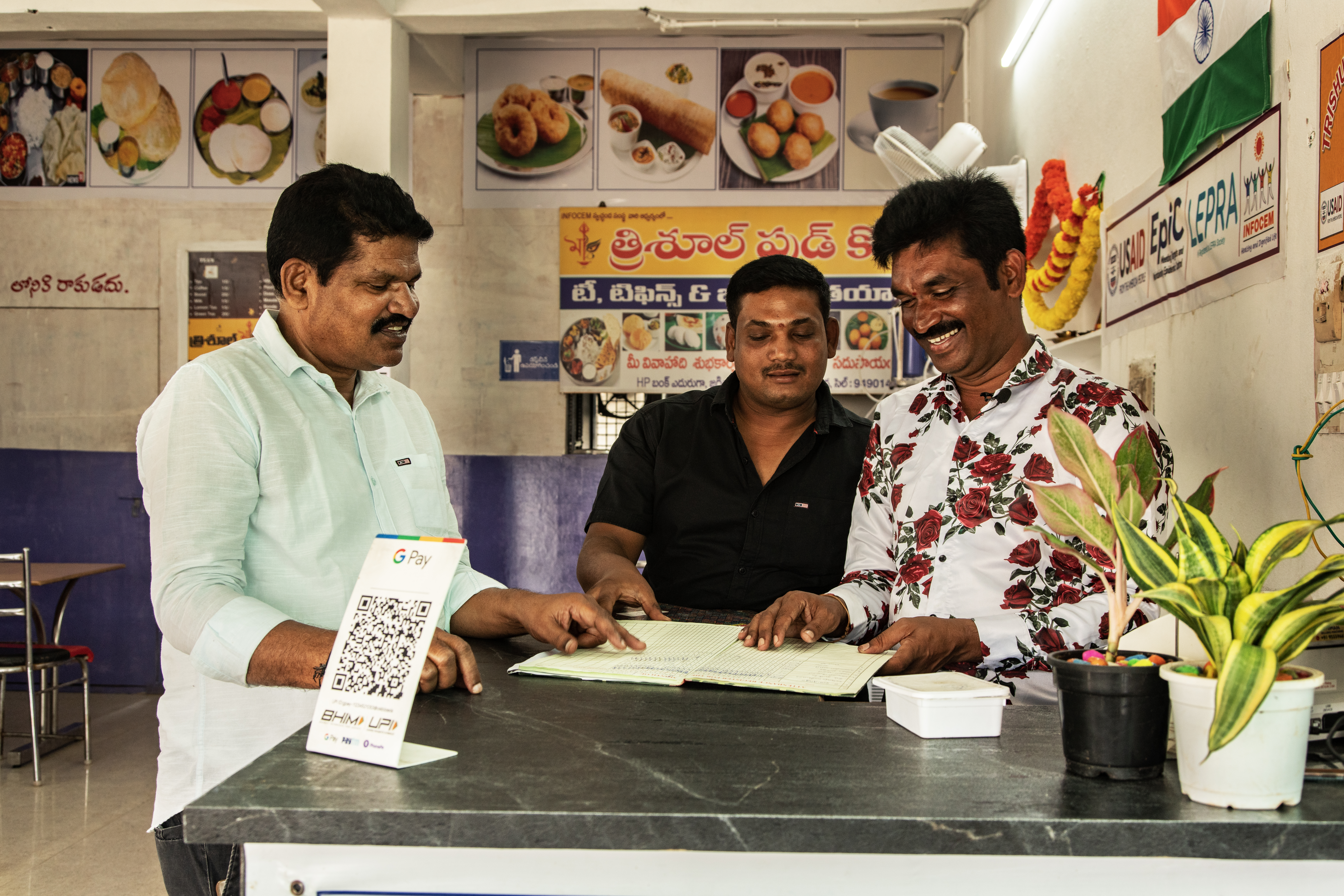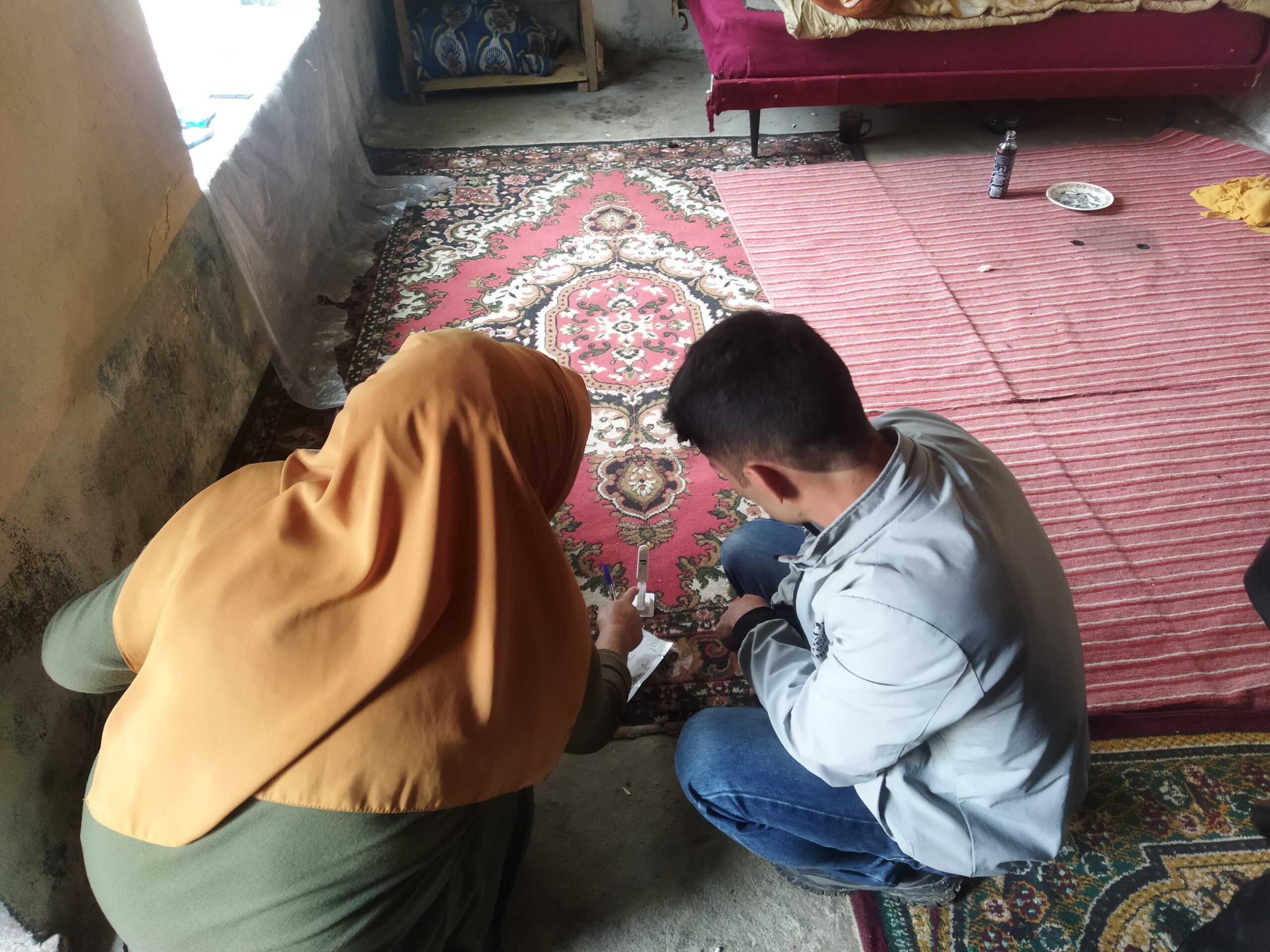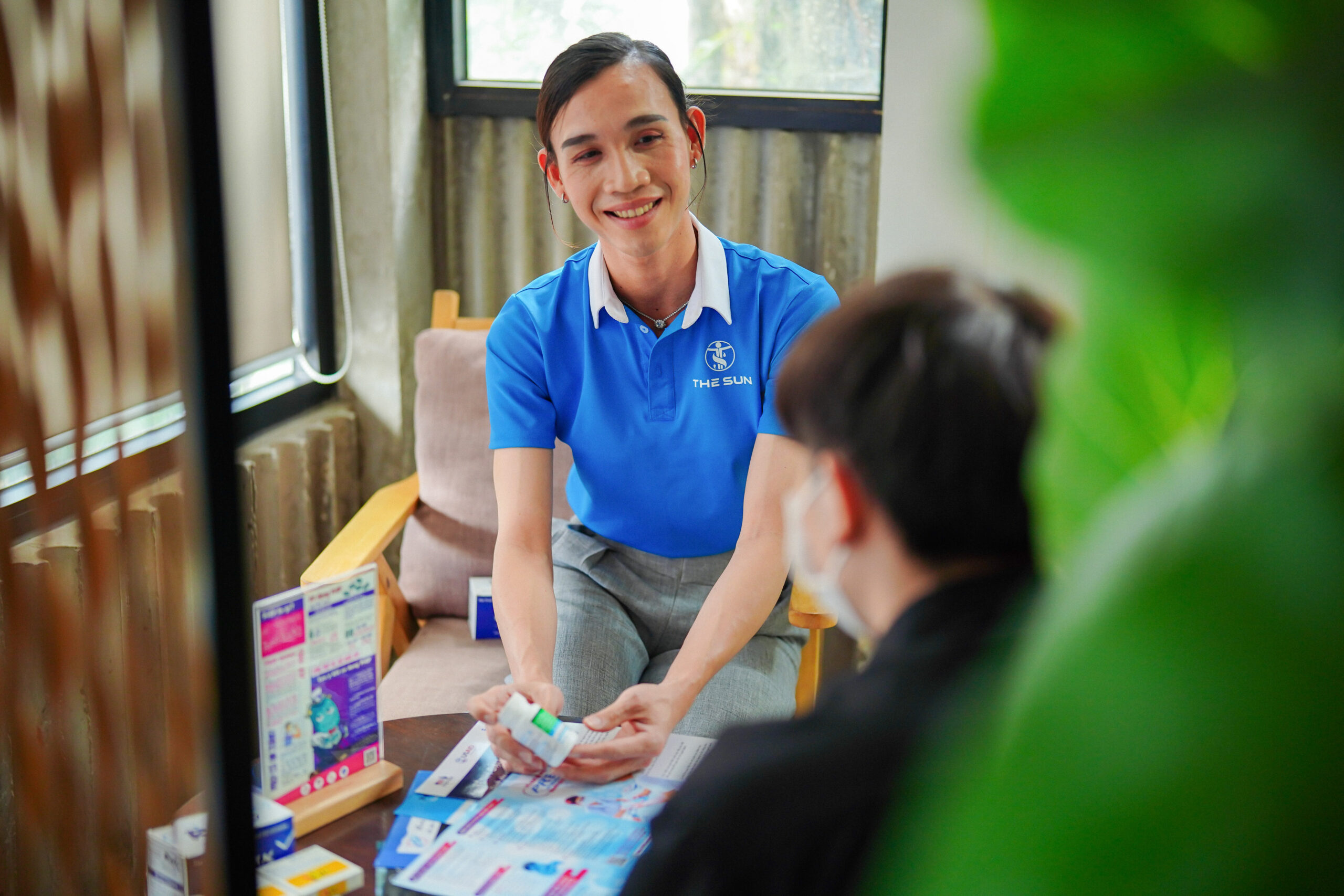EpiC recently hosted a webinar highlighting innovative approaches to integrating HIV and primary health care services. Examples from Vietnam, Mozambique, Thailand, Nigeria, and the Philippines were shared.
Continue Reading
EpiC is an eight-year global initiative that provides strategic technical assistance and direct service delivery to achieve HIV epidemic control and strengthen global health security.

EpiC recently hosted a webinar highlighting innovative approaches to integrating HIV and primary health care services. Examples from Vietnam, Mozambique, Thailand, Nigeria, and the Philippines were shared.
Continue Reading
In 2023, EpiC launched Key Population Electronic Logbook (KP eLog) in with Ho Chi Minh City Center for Disease Control. It aims to improve HIV data quality for prevention and testing services and link data between community-based interventions for key populations and facility-based services.
Continue Reading

On December 17, 2023, a youth art exhibit organized by the Meeting Targets and Maintaining Epidemic Control (EpiC) project was held at Meta House, an art centre based in Phnom Penh, as an extension of World AIDS Day celebrations.
Continue Reading
Integrated Network of Community Empowerment uses a mix of sustainable financing approaches to continue enhancing the quality of life for vulnerable populations in India.
Continue Reading
EpiC has been involved in the global response to mpox since June 2022. EpiC’s global footprint, along with its ability to provide technical assistance, allowed for rapid response with effective tools, capacity building, and monitoring and evaluation. In August 2022, the project began offering technical assistance to partner governments to accelerate the emergency response to mpox.
Continue Reading
EpiC and CSO partners worked with to government of Tajikistan to develop a social contracting mechanism, allowing Marvorid to receive state funding to provide essential HIV services to those in need.
Continue Reading
The National Aligned HIV/AIDS Initiative (NAHI) provides HIV prevention, care, and treatment programs for the most vulnerable AGYW in two southeastern states in Nigeria, providing high quality HIV prevention and other health services, as well as economic empowerment opportunities.
Continue Reading
The FHI 360 team, through the Meeting Targets and Maintaining Epidemic Control (EpiC) Project and other collaborations will continue to support the elevation of community leadership to amplify their voices and support their agency in the years to come
Continue Reading
After establishing itself as a leader in HIV treatment and prevention programming in Ghana, the West Africa AIDS Foundation began focusing on strengthening its organizational capacity to improve its sustainability.
Continue Reading